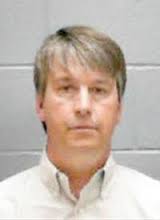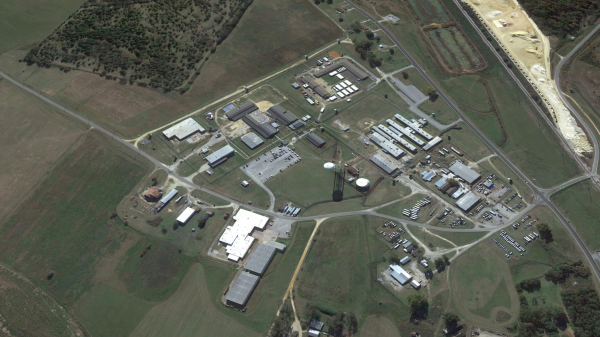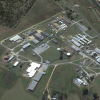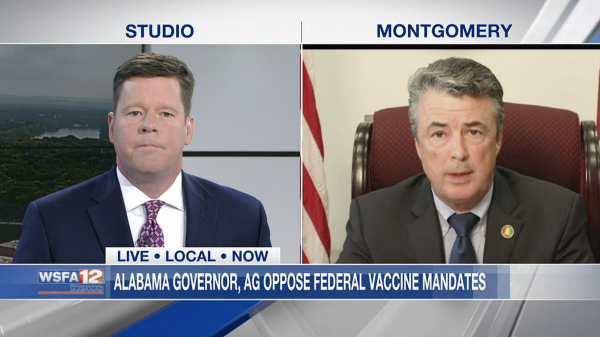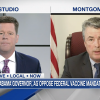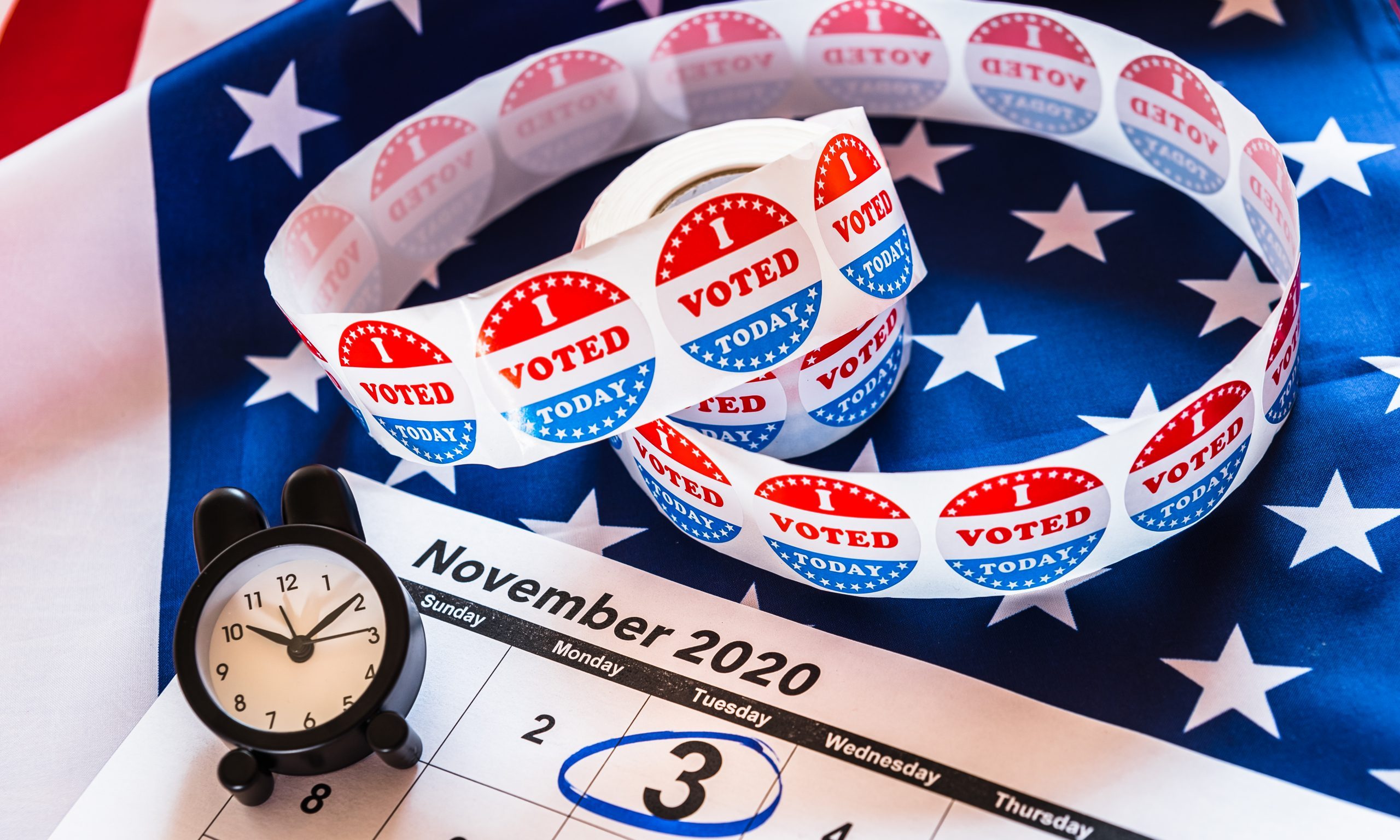By Byron Shehee
Alabama Political Reporter
OPELIKA,— Day two of the State’s case versus Rep. Barry Moore, R-Enterprise, was set to begin with Josh Pipkin, challenger to Moore in the 2014 Republican Primary, taking the stand. Both legal teams, however, were in conference with Judge Jacob Walker well before the jury was brought into the courtroom.
The early morning action with the judge centered on whether one of the recordings between Moore and Pipkin was admissible due to the defendant being out of state.
The court accepted the prosecution’s argument that the recording involving the defendant’s location in Florida was not illegally obtained and was allowed.
Judge Walker also informed a few in public seating that commentary would not be tolerated and some may be asked to leave if decorum was not followed.
With that house cleaning out of the way, everyone got ready for the jury and the State’s first witness.
Once on the stand, Pipkin testified that he recorded the phone calls after he received a tip he might get a call urging him to get out of the race. The notification came from Jonathan Tullos, executive director of the Wiregrass Economic Development Corporation and the call would possibly be originated by either Speaker of the House Mike Hubbard, R-Auburn, or Moore.
Tullos said in earlier testimony that he had a conversation with Moore about a potential economic development project that could be coming to Enterprise. The development project involved Enterprise Electronics Corporation (EEC), Enterprise State Community College (EECC) and a possible incentive package from the State.
The deal was fairly straight forward: the State would provide economic incentives to Enterprise Electronic Corporation, EEC would build a new facility and the company’s old building would become part of EECC’s campus.
The new building was said to be needed for room to facilitate the 80-90 additional jobs created by EEC.
During Pipkin’s testimony, it was indicated that Moore was recorded saying Hubbard was furious about Pipkin’s candidacy and how challenging Moore in the Republican Primary would hurt the community.
Moore went on to say that we would support the project whether Pipkin stayed in the race or not, but acknowledged he could not control Hubbard.
Pipkin said he would get out of the race if he could get a confirmation from Moore and Hubbard that the deal would go through, otherwise he was staying in the race.
State’s prosecutor Matt Hart’s last question asked how he decided to seek help from the authorities. Pipkin responded that he first asked a local district attorney, who in turn directed him to U.S. Attorney George Beck. Finally, Pipkin contacted the Alabama Attorney General’s office.
After a quick question from the defense on whether or not Moore supported the economic development project, Pipkin and Baxley had a series of interesting exchanges, the most important being that Baxley made his point about Moore supporting the project. Pipkin agreed that Moore supported the project, but quickly countered that Moore followed most of his vocal support with what he understood to be threats from Hubbard.
The defense said those were implied, not implicit.
Both the defense and the witness seemed on their toes at that point.
There seemed to be a slight edge to the questions that followed and most were met by a series of objections by the prosecution.
In what could be interpreted as a final jab at the witness, the defense asked Pipkin, who won the election?
After a brief pause, Pipkin responded.
The State’s next key witness was Keith Baker from the Alabama Attorney General’s office.
Baker testified that he had been investigating Moore and Hubbard. Baker said he was looking into a $12,000 a month lobbying contract between the Southeast Alabama Gas District (SEAGD) and Hubbard.
The defense had an objection with Hubbard’s relationship with SEAGD being brought into Moore’s trial.
After the objections and a quick break, Hart and Baker read Moore’s full previous testimony.
Hart read his previous comments and Baker read in the place of Moore.
Hart asked Moore (Baker) if he heard about the possibility that if anyone ran against him the economic development project might not happen.
Moore responded, No, Sir.
Before closing, the prosecution showed testimony indicated Moore had the ability to alter his statements and he said there’s nothing that he wanted to change in his testimony.
During cross examination Baxley highlighted the fact that the ethics commission approved Hubbard’s contract and stated Hubbard’s client benefiting from more revenue due to EEC using natural gas was not a violation of the law.
After Baker exited the stand the defense offered a couple of motions, one of which would drop the charges against Moore from four to two and another that would directly acquit Moore.
They were both denied.
The defense then called its first witness.
Bill Newton, State Finance Director, took the stand.
Mr. Newton was asked about the budget and if more money was added to the Governor’s education budget. He responded that Governor Bentley requested $319 M and Hubbard put $324 M in it.
The Prosecution asked if that additional money was earmarked for the EEC deal and he said that it was not.
The questions for Mr. Newton dried up just about as quickly as he got comfortable.
There may be additional witnesses called before the stand.
Barry Moore may be the last.








































